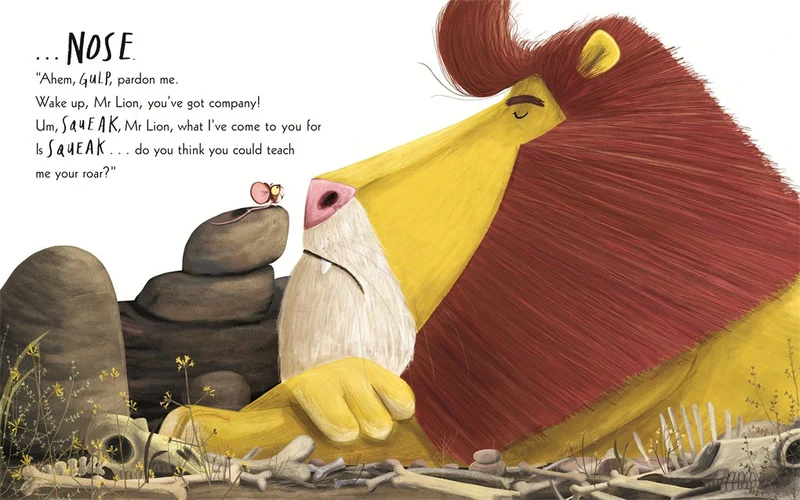Percival Everett Has a Book or Three Coming Out

Once you’ve finished “Telephone,” the latest book by Percival Everett, you may be talking about it with another reader and finding that you disagree on what happened.
That is intentional.
“There are three different versions of this novel, they’re all published identically, and you can’t know which one you’re getting,” Everett said during a video interview from his home in Los Angeles. With an apologetic chuckle, he added: “It’s going to piss a lot of people off, I’m afraid.”
The author of more than 30 novels and collections of stories and poetry over the past 30 years, Everett, 63, has cultivated a reputation for his vast, genre-defying and sometimes gleefully unhinged body of work. Consider “Erasure,” a race-in-publishing novel with a Blaxploitation parody inside, or the absurdist “I Am Not Sidney Poitier,” narrated by a man named Not Sidney Poitier.
Then there are the even weirder, wilder works like “A History of the African-American People (Proposed) by Strom Thurmond, as Told to Percival Everett and James Kincaid” and “The Book of Training by Colonel Hap Thompson of Roanoke, VA, 1843, Annotated From the Library of John C. Calhoun,” a mock slave-owning manual Everett described as “my version of a horror novel.”
“Telephone,” however, represents something new. Part campus novel, part Western adventure, it follows Zach Wells, an unhappy geologist in the Los Angeles area who explains that “the only thing most of the students would remember would be the joke ‘schist happens.’” One day he finds “Ayúdame” written on a note tucked inside the pocket of an eBay purchase, and he sets out to help the person in need. This puts into motion Everett’s gripping finale — or, rather, finales — involving armed neo-Nazis, a taciturn foreign detective and an uncharacteristically bold poetry workshop.
The differences between the editions, which begin with the colophon, include extended or altered scenes and three distinct endings. The cover designs are nearly identical, but if you look closely, you can spot the differences.
“I think Percival, when he first suggested it, wasn’t sure that we would go for it,” said Fiona McCrae, his longtime editor and publisher at Graywolf Press. “We were worried, ‘Would we try people’s patience with this?’ But all of us were more intrigued than worried as the conversations went on.”
Different versions were sent to different outlets. “For the prizes, they were just given any copy,” McCrae said. “It could be that some judges are discussing the book, but they’re not all reading the same book.” Still, she and others at Graywolf weren’t sure when to let readers in on the surprise, if at all. The coronavirus outbreak changed that discussion.
“It was a secret,” Everett said. “But with the strangeness with the Covid-19 isolation, it was a decision in the house to do the reveal earlier than later. The title” — a reference to the children’s game where relayed messages become hopelessly distorted — “can’t make sense until you understand what has happened.”
He considers the book an experiment that plays with the idea of who’s in charge when reading. “I’m interested not in the authority of the artist, but the authority of the reader,” he said, enunciating in a deep, slightly gravelly voice. “I certainly know that many people will not see what I saw. And many people will see different things from each other. That’s the thrilling thing about making it. If somebody says, ‘Did you mean this something?’ I always say, ‘Yes.’”
Everett, who grew up in Columbia, S.C., has done everything from studying Wittgenstein to performing jazz guitar, casting flies to castrating bulls. Since 1998 he has taught writing and literary theory at the University of Southern California, where he holds the rank of distinguished professor. Three years ago he took up repairing mandolins and guitars in his workshop. Back when he lived on a ranch in the San Moreno Valley, he trained horses and mules. Word got out — “unfortunately,” he said — that he might take kindly to other creatures in need of care.
“People would bring me, um, ducks,” he said. “And I would say, ‘I don’t want your duck.’”
But he’d prefer all that — the personal — to not be the focus. Indeed, any prolonged discussion around the work or its creator seems, at best, a reluctant professional concession. Everett, who is married to the writer Danzy Senna, comes across as a warm and generous conversationalist. But he expressed bafflement about “people’s deference to the artist when it comes to the intention and the construction of meaning.”
“I’m just a cowboy,” he said, though right now, because of coronavirus-related cancellations, he is holed up “being a schoolmarm” to their two sons, ages 11 and 13.
“There’s always new sides to him to unwrap,” said his longtime colleague and friend James Kincaid. “One of the things that interested me about his work was his resistance to automatic pigeonholing as African-American fiction.” He recalled going to bookstores with Everett and gradually realizing he wasn’t looking to see “whether they had his work, but where it was.”
It’s this rangy quality, perhaps, that thrills Everett’s readers. While he has been regarded by some as that dreaded type, the “writer’s writer” — “lesser-known,” “underappreciated,” “underrated” are all terms employed to describe his status — this is not the case in France, where his books are featured at bookstore tables alongside best-selling thrillers, his longstanding translator Anne-Laure Tissut said.
“His ability for systematic, pungent self-derision,” she said, “won him the heart of many a French reader.”
“He’s always being discovered,” said his publisher McCrae, who has shepherded 14 of his books since 1996. “I think once you’ve discovered him, you’re like, ‘How come he isn’t better known?’” For a while, she said, people “couldn’t quite define him. But now that’s the very thing that people marvel at.” Everett’s next book — “about lynching,” he said — has already been delivered and is set for release in spring 2021.
Anthony Stewart, a founder of the Percival Everett International Society and author of “Approximate Gestures,” a scholarly monograph on Everett’s work, believes that much of it is based on a basic idea: that black people are at least as complicated as white people.
“A lot of American art seems to overlook that simple fact,” Stewart added. “He writes about the experience of being black, but he does not write about the experience of being black as a problem to be solved or a condition to be endured.”
Speaking for himself, Everett sees his iconoclastic approach to work and life as deeply ingrained. “I can’t say that my breaking the rules was so much a protest as just a natural response to something that seemed arbitrary, and not only unfair, but unseemly,” he said, laughing. “Something stupid people might do.”
Follow New York Times Books on Facebook, Twitter and Instagram, sign up for our newsletter or our literary calendar. And listen to us on the Book Review podcast.




